
Past Achievements
N1,254,345
Donated for the construction of two (2) borehole in the year 2015 by Honourable Lawrencia Mallam former minister of Environment.
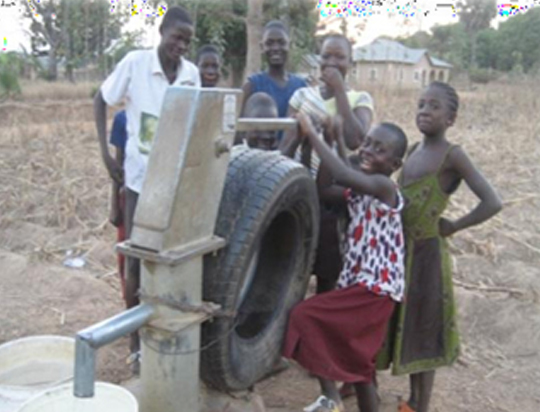
Constructed Borehole By Hope-Yet
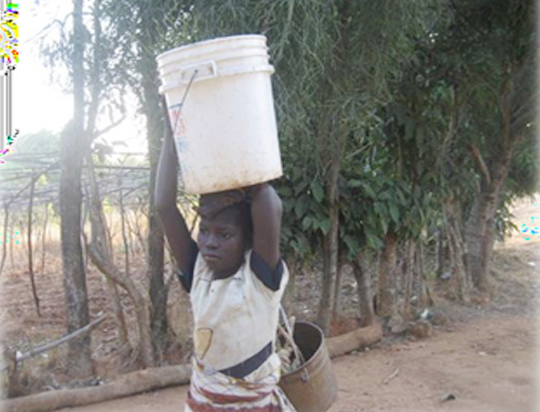
Initial Source Of Water In The Community
N1,500,000
Grant by the American Embassy and Mary Dugan and family for construction of a classroom block in LEA primary school Fadiya Gugah.
Pictures Of The Classroom Block Constructed By Hope-Yet Welfare Foundation In Partnership With ASGP And Mary Dugan And Family.
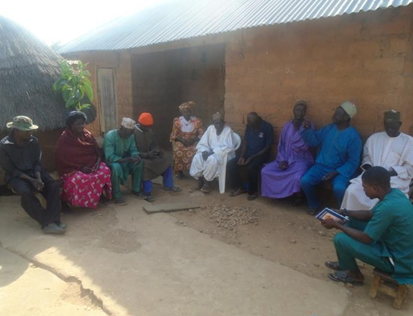
Stage 1: A meeting with community stake holders brainstorming on the prospect and challenges of the project to the community. At this meeting, the mandate was giving to kick start the project in the community.
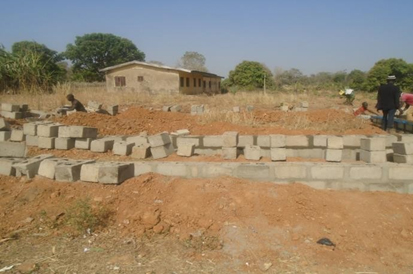
Stage 2: Foundation laying of the 64M2 classroom block in Fadia Gugah community.
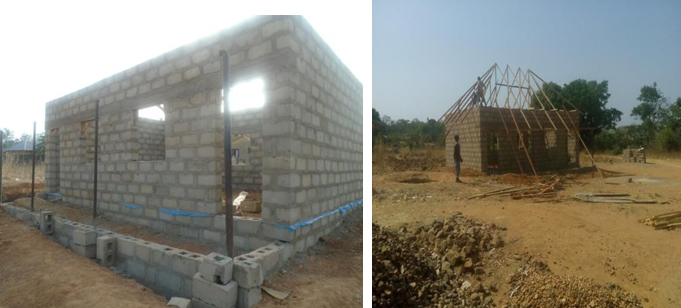
Stage3: Block work to roof level.
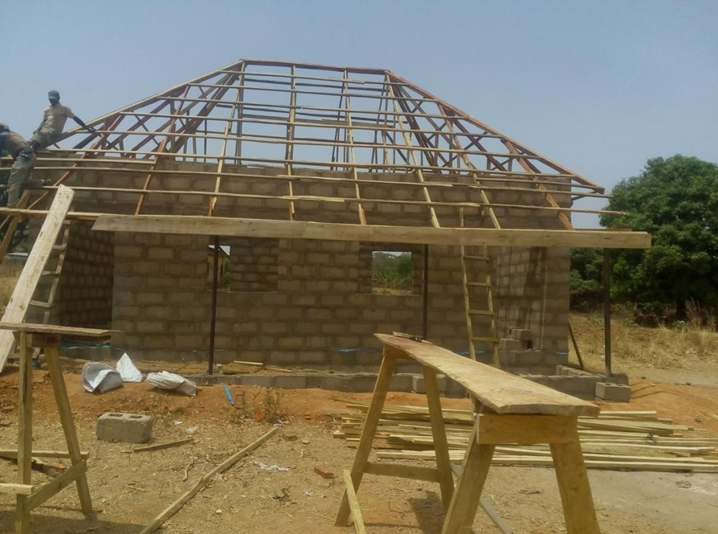
Stage 4: Roof Casing.
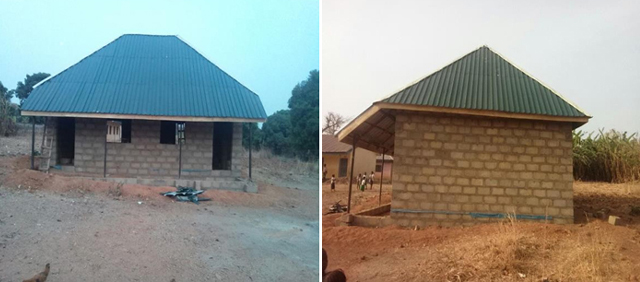
Stage 5: Roof covered.

Classroom block ready for commissioning
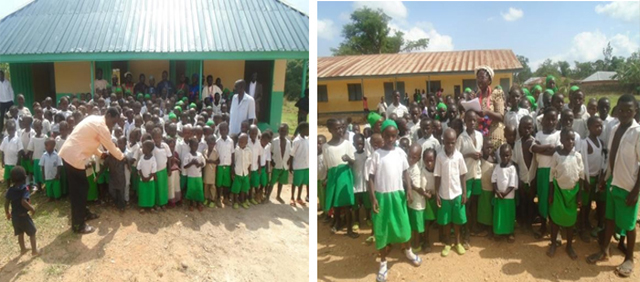
Cross section of Head teacher and her students during her speech.
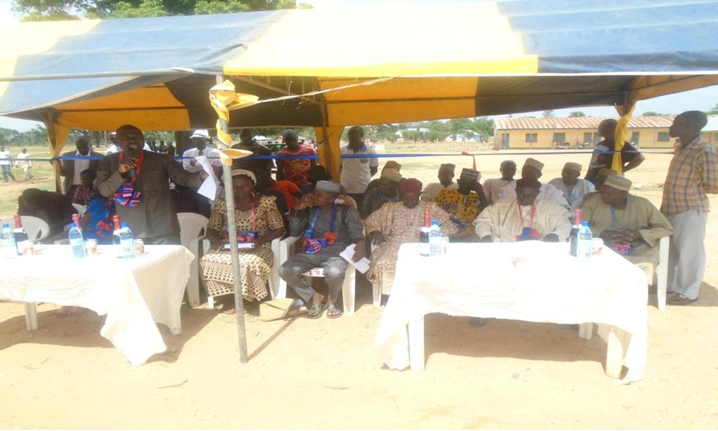
Education Secretary Zango Kataf Local government giving his Speech at the opening ceremony.
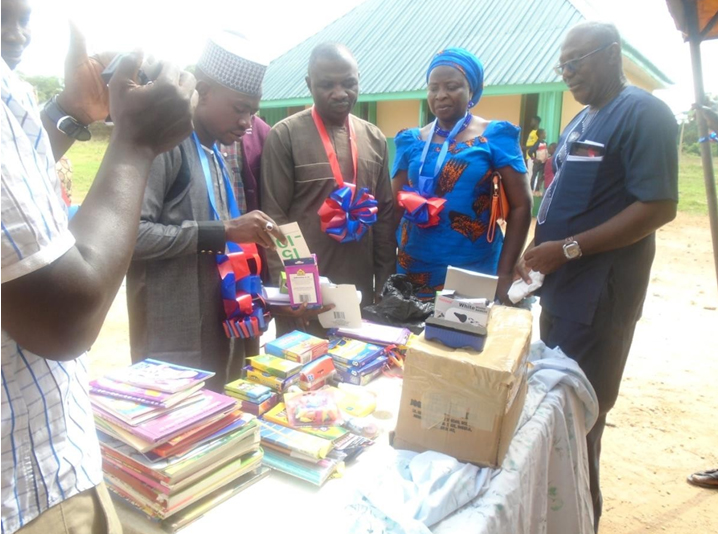
Cross section of Hope-yet foundation handing over some learning aid Materials.
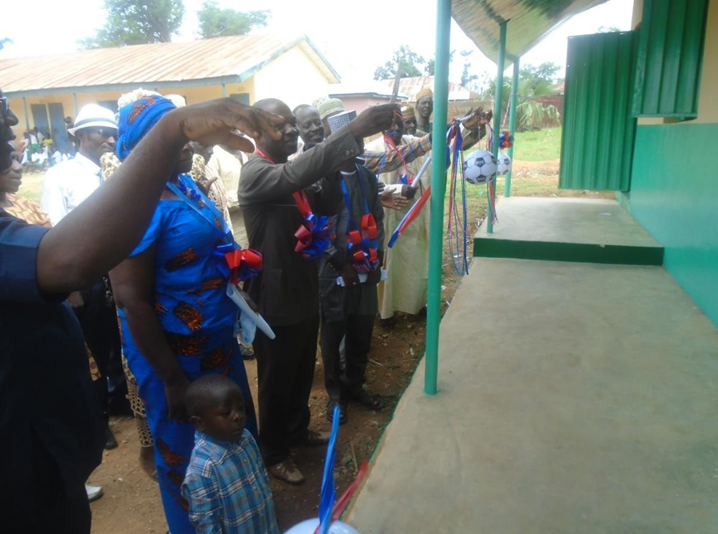
Official opening of the classroom by the Education secretary.
N9,248,218
For Educational support to OVC in the year 2015 till date by Board members and various philanthropist. Hope – yet welfare foundation has 645- OVC (414 Males and 231 Females) most of whom are double orphans and Child Headed Household with ages raging from 3 years to 21. Out of the 740 OVCs, 320 constituting (178 Males and 142 Females) lost their parents due to HIV AIDS while a total of 15 OVC (9 Males and 6 Females aged 16 & 18) are living with HIV. 173 VC (100 Males and 73 Females) are in school while 137 VC (75 Males 62 Females) have dropped out of school due to lack of care and support or heading the family and so dropped out of school to take care of their siblings. This situation calls for intervention in order to improve the quality of life of 740 Vulnerable Children (Males 414 and Females 326 ), aim at keeping these young children from idleness and getting into crime through access to skills acquisition for economic empowerment and health care support for those living with HIV AIDS in particular.
However, our ability to continue this laudable program is overstretch due to lack of funding. Our target before 2022 is to help this vulnerable children to be self sufficient in various legitimate means of livelihood and education.
As much as Education is concern, we are proud to report that Rev, Fr. Dr. Bulus Vincent through hope Yet Foundation, has trained one Msc holder, five University graduates, eleven University undergraduate students, six students in polytechnic and 11 in various colleges of Education.
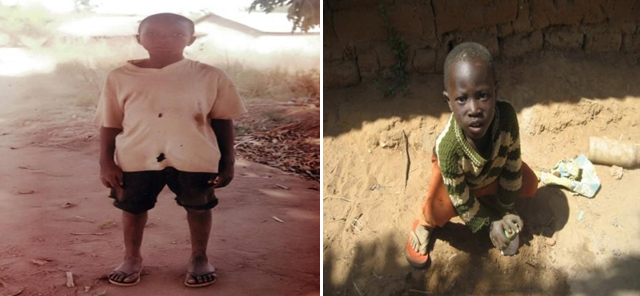
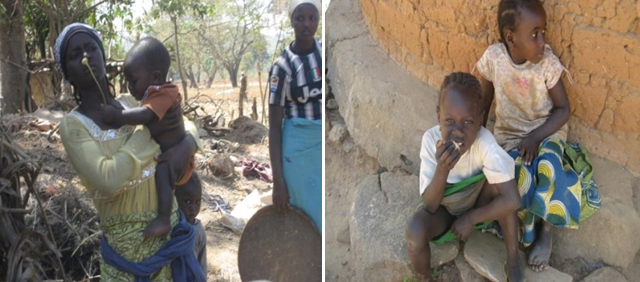
N4,509,600
For acquisition of 2.8 hectares of land for construction of hope-yet clinic and skill acquisition Centre by Dr. Vincent Hassan Bulus in the year 2016.
The quest to better the lives of the very destitute in our local community, propelled the president Hope-yet welfare foundation and founder Rev. Fr.Dr Vincent Hassan
Bulus to acquire such a massive verse land for the construction of skill acquisition centre and hope-yet clinic. This program will however be realistic when we have support from donor agencies and philanthropist.
Its on this note that, Hope yet in trying to be sustainable and achieve its vision through agriculture, with this verse land commercial farming is been considered to boost the sustainability account of the foundation. However this program can only be achieved with immediate funds for start. See attached appendix for detailed budget.
SILC (Savings And Internal Lending Communities). 2017 till date.
Savings and Internal lending communities (SILCs) is a type of community based Accumulating Saving and Credit Association (ASCA). SILCs build on an ASCA model developed by CARE in Niger (the Mata Masu Dubara or women on the move Project, often referred to as MMD) and incorporate a number CRS specific adaptations and innovations. SILCs are usually more attractive to participants. This is because SILCs offer interest on members’ savings, provide a micro – insurance service, and provide access to loans in useful and varying amounts, usually in excess of the borrower’s total savings and for varying lengths of time made possible by the collection of two contributions by members known as the Loan fund and Social Fund recorded carefully into a well- organized and simple to use Ledger.
The savings insurance and loan facilities of SILCs allow members to meet their small short term financial needs for household cash-flow smoothing income- generating activities and meeting social obligations without borrowing money from lenders. All guided by a written constitution developed (by the group itself), principles and a methodology intensively taught to the community groups and supervised by trained facilitators called Field Agents for the period of nine to twelve months (one year) after which SILCs operate on their own as unsupervised groups, saving progressively.
The Support Group Members will be trained with continued support from Project Officers and the Field Agents. This intervention (training) will provide knowledge and skills on Savings and Internal Lending Communities (SILCs) Group Members in the surrounding settlements
The strategies for achieving our aim are registration of members from the various centers of accessing their ARVs, SILCs formation after registration and put in clusters. SILCs Certified Field Agents are hired and planned trainings are carried out After the training SILCs Groups will start meeting, saving and taking loans with social fund to support each other.
Goal:
To improve the quality of life of 1010 Support Group Members and their households i through training in SILC Methodology.
Over the years, SILC groups and support group members have gathered and successfully shared amongst them large sums not less than N300,000.00. hence making them self sufficient and reduction in poverty.
However, the need to expand SILC methodology to other communities is hampered due to lack of funds for training of field Agents and working tools.





